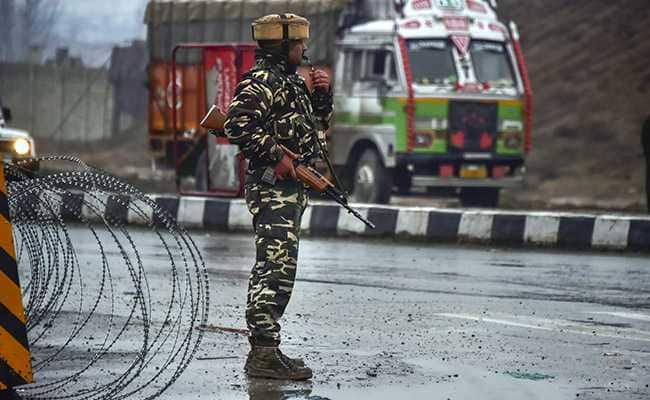New Delhi, February 21: India has decided to stop the flow of its share of water to Pakistan from rivers under the Indus Waters Treaty, a move seen as an immediate fallout of deadly terrorist attack that killed 40 paramilitary personnel in south Kashmir’s Pulwama.
“Water from Eastern rivers to be diverted and supplied to Punjab and Jammu and Kashmir,” Union Minister Nitin Gadkari said in a tweet.
The three projects include the Shahpur Kandi dam project, a second Sutlej-Beas link in Punjab and the Ujh Dam project in Jammu and Kashmir.
Indus Waters Treaty
- Brokered by World Bank and ratified in 1960
- Waters of three Indus tributaries — the Sutlej, Beas and Ravi — allotted to India
- Waters of Chenab, Jhelum and Indus waters allotted to Pakistan.
- But India can use 20 per cent of Indus waters
- Most successful water-sharing endeavour in the world
- No water wars for nearly 60 years, all disputes resolved by legal means
- First review in 2016 after the Uri attack
Of the total 168 million acre-feet, India’s share of water from the three allotted rivers is 33 million acre-feet, which constitutes nearly 20 per cent.India uses nearly 93-94 per cent of its share under the Indus Waters Treaty. The rest of the water remains unutilised and goes to Pakistan.
The Ujh dam is a proposed hydroelectricity and irrigation multipurpose project in the Kathua district of Jammu over the Ravi river with a capacity to generate 196 MW of electricity. The total water utilisation from this project is 172.8 million cusec metre (mc), but it has the capacity to store 925 mcm of water, the officials said. The estimated cost of the project is Rs 5,950 crore.
After the Uri attack in Kashmir in September 2016, the government had sought to use the Indus Waters Treaty to put pressure on Pakistan. The measures included effectively using India’s share of waters that flow into Pakistan. This also included fast-tracking irrigation and hydropower projects by resolving the inter-state disputes. The Centre had also asked the Punjab government to prepare a feasibility report of the second Ravi-Beas link that is expected to further help in increasing utilisation of Indias share of water under the treaty.
The Punjab and the Jammu and Kashmir governments had signed an agreement to resume works on the Rs 2,793-crore Shahpur Kandi project. Though the work on the project began in 2013, it was halted due to certain issues raised by the J&K.
The Punjab government also submitted a revised cost estimate of Rs 2,793.54 crore and requested the Centre to include the project in the prioritised list of the Pradhan Mantri Krishi Sinchai Yojana (PMKSY)/Accelerated Irrigation Benefit Programme (AIBP) projects.
The project, when implemented, will enable the up-stream Ranjit Sagar Dam project power station to act as a peaking station, besides having its own generation capacity of 206 MW and irrigation benefit of 37,173-hectare to Punjab and J&K.
(Sourced from tribune india.com)
Discussions
Discussions
